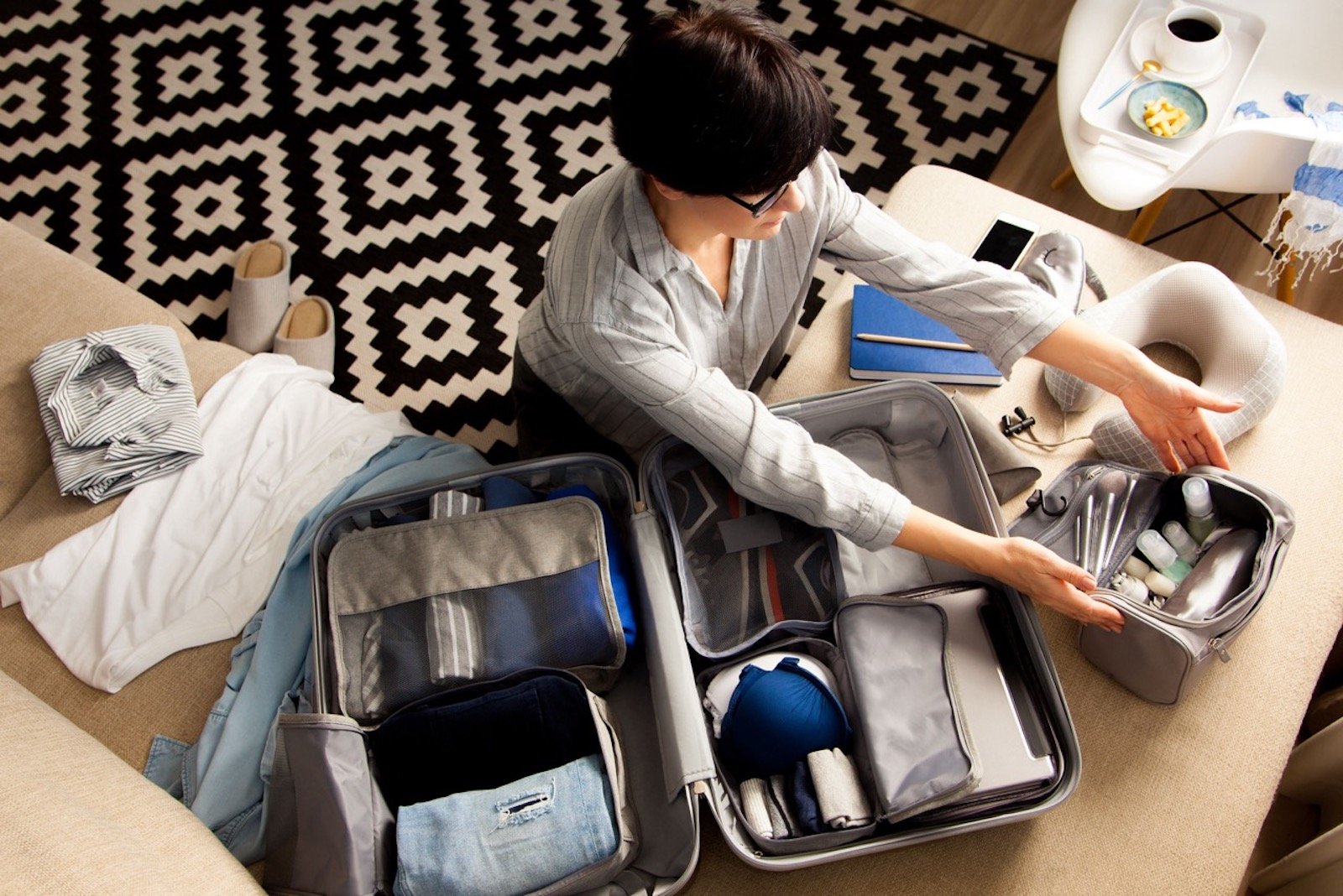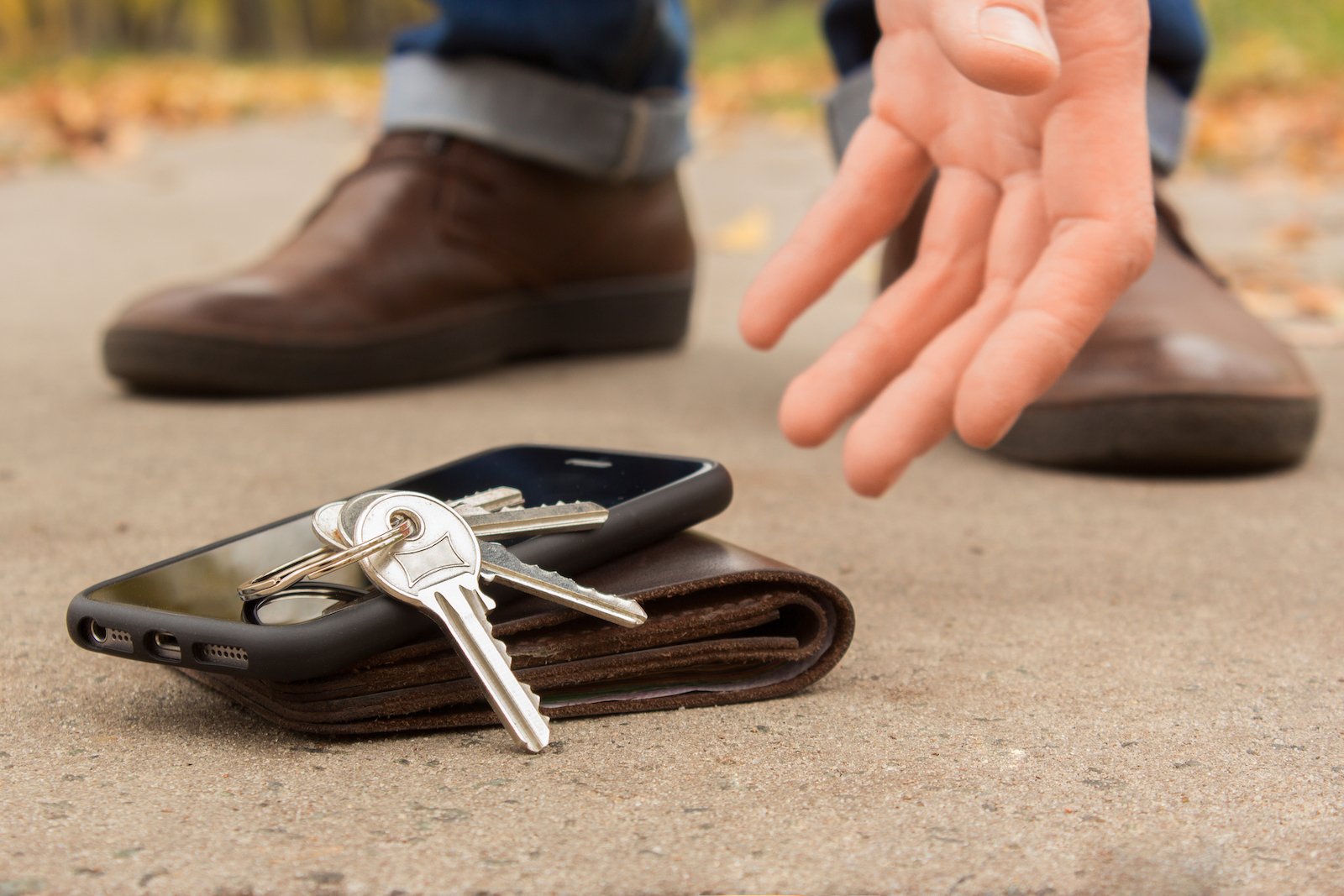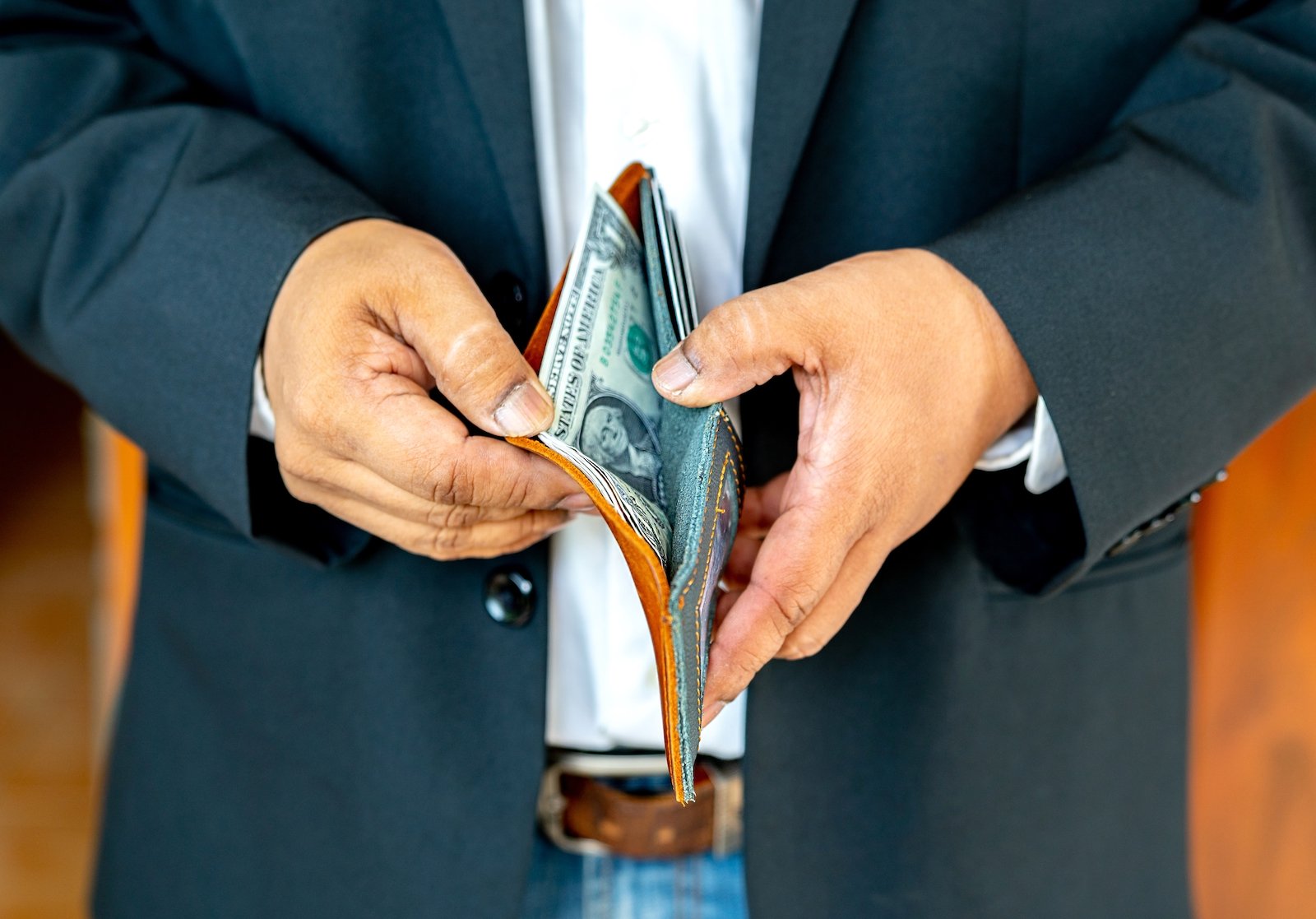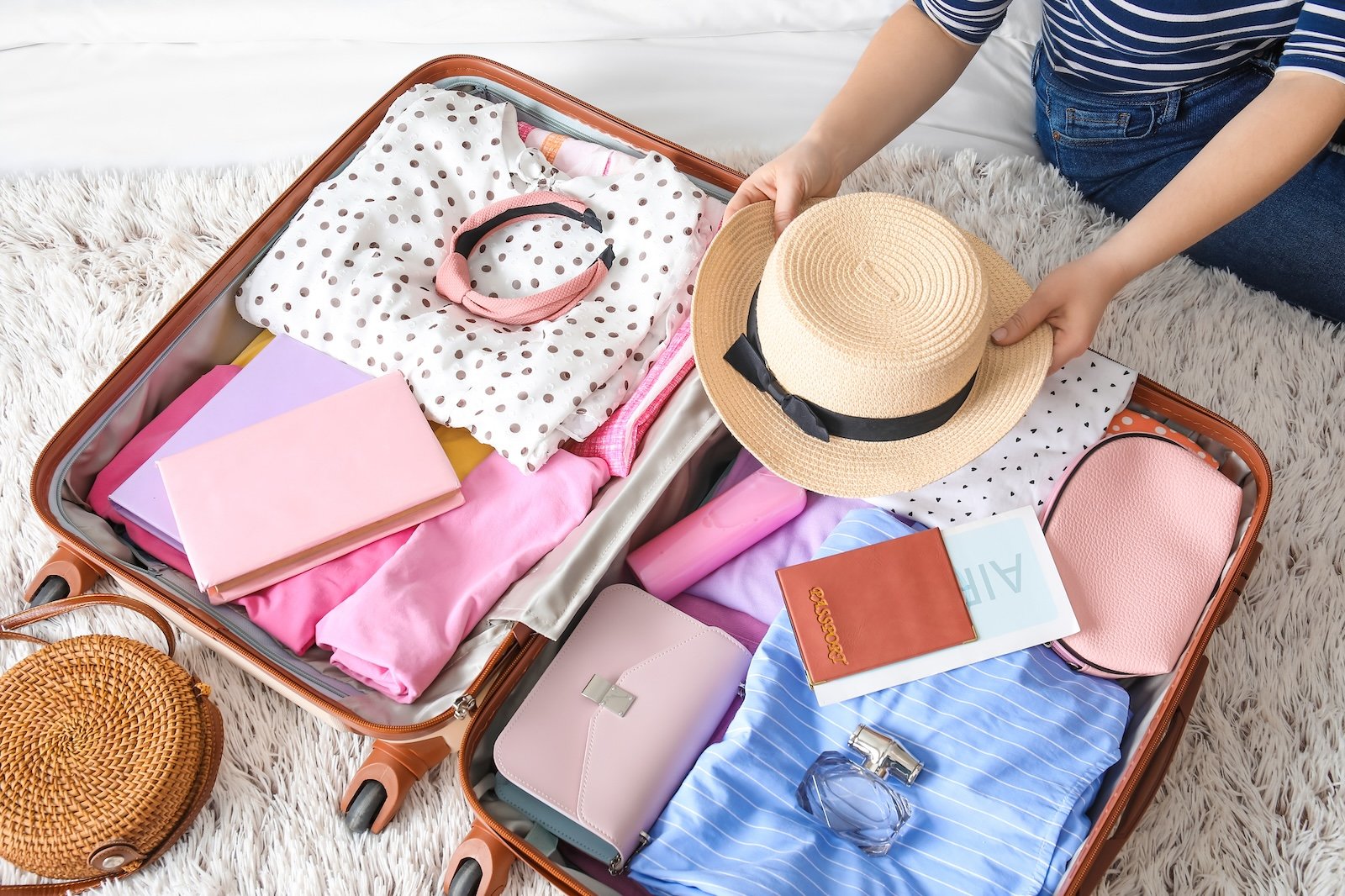Your wallet is more than just a place to store cash and cards—it’s a crucial component of your personal security and organization. Keeping certain items in your wallet can pose risks ranging from identity theft to clutter. To ensure your wallet remains a safe and functional accessory, here are some items you should avoid carrying:
Social Security Card

Your Social Security card is a vital piece of personal information. Keeping it in your wallet increases the risk of identity theft if your wallet is lost or stolen. Instead, store your Social Security card in a secure place at home.
Passwords or PINs

Writing down passwords or PINs and carrying them in your wallet can be a significant security risk. If your wallet is lost or stolen, anyone who finds it can gain access to your accounts. Use a secure password manager to keep track of your passwords.
Spare Keys

Carrying spare keys in your wallet can lead to potential security breaches. If someone gains access to your wallet, they may also access your home or vehicle. Instead, keep spare keys in a secure, hidden location.
Sensitive Personal Information

Avoid carrying documents that contain sensitive personal information, such as your medical records or bank statements. If these documents fall into the wrong hands, they could be used to commit fraud or identity theft.
Unnecessary Membership Cards

While it’s convenient to have your membership cards handy, carrying too many can clutter your wallet and make it easier for valuable cards to be misplaced. Instead, keep only essential membership cards and consider using digital versions where possible.
Unused Gift Cards

If you have gift cards that you’re not using, avoid keeping them in your wallet. They can add unnecessary bulk and clutter. Store them in a separate location until you’re ready to use them.
Receipts You Don’t Need

Carrying receipts for purchases you no longer need can cause clutter and make it harder to find important items in your wallet. Regularly clean out your wallet and keep only the receipts that are necessary for returns or tax purposes.
Personal Photos

While personal photos can be sentimental, carrying them in your wallet can lead to them getting damaged or lost. Instead, keep digital copies or store them in a safe place at home.
Expired Credit Cards

Expired credit cards can clutter your wallet and pose a risk if someone gains access to your wallet. Always remove and securely dispose of expired cards to keep your wallet organized and reduce security risks.
Too Much Cash

Carrying excessive cash can make your wallet bulky and increase the risk of it slipping out of your pocket. More critically, it makes you a more appealing target for pickpockets. So, how much cash is safe to carry on a daily basis? Experts suggest keeping a modest amount—typically no more than $100 to $300—enough to cover a day’s expenses without overloading your wallet.
Passport Book or Passport Card

Keeping your passport book or passport card in your wallet can pose significant risks. If your wallet is lost or stolen, thieves could exploit your passport information to create forgeries or commit identity theft. With access to your passport details, they could produce counterfeit passports or use your information for various fraudulent activities, including financial crimes.
To protect yourself, it’s wise to store your passport in a secure location at home rather than carrying it in your wallet. This reduces the risk of your personal information falling into the wrong hands and helps safeguard against potential fraud and identity theft.
Employment ID Card

Your employment ID card should be worn on a lanyard or securely attached to your clothing rather than kept in your wallet. Carrying it in your wallet poses risks: when you retrieve it for office access, other items in your wallet might spill or get misplaced. If your wallet is stolen, criminals could use your ID card to gain unauthorized access to your workplace, exploit personal and professional information, or even access confidential documents.
Medicare and Medicaid Cards

Medicare and Medicaid cards should also be stored securely at home or in a safe place rather than in your wallet. Each year, over $100 billion is lost to Medicare and Medicaid fraud. If scammers get hold of your healthcare card, they could commit various forms of fraud, such as accessing medical services and prescriptions in your name, making unauthorized insurance claims, or billing you for services or equipment you never received. Protecting your healthcare card from theft or misuse is crucial to avoiding these potential threats.


